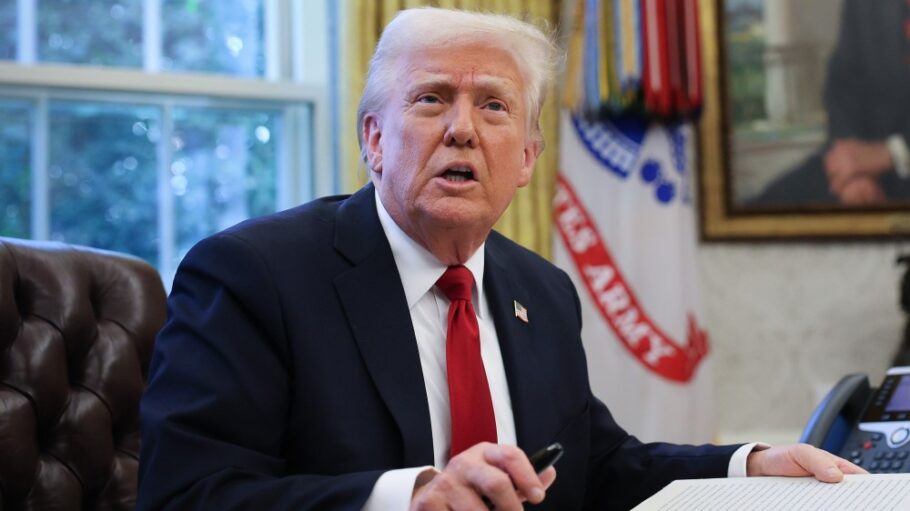The federal government has the local film industry’s back.
That’s the promise from the Labor government, which, fresh from a crushing victory at the polls, is turning its attention to a looming trade war on movies.
As previously reported, US president Donald Trump has proposed 100% tariffs on films “produced in foreign lands,” though industry observers are scratching their heads on precisely how that will look.
The government, through federal arts minister Tony Burke, promises to step up in support of local content producers.
“I’ve spoken to the CEO of Screen Australia and we’re monitoring this closely,” Burke said in a statement. “Nobody should be under any doubt that we will be standing up unequivocally for the rights of the Australian screen industry.”
Trump has turned the narrative into one on national security. “Other countries are offering all sorts of incentives to draw our filmmakers and studios away from the United States,” he wrote on Truth Social, Sunday night in the US.
Hollywood, and many other areas within the US, “are being devastated,” he continued. “This is a concerted effort by other Nations and, therefore, a National Security threat.”
Love Film & TV?
Get your daily dose of everything happening in music, film and TV in Australia and abroad.
Australia is one of those countries that offer tax breaks for locally-created productions.
Currently, the government offers a “Location Offset”, a 30% tax rebate for large-budget film and television productions that shoot locally. That perk is designed to incentivise studios to choose Australia as a filming location, boosting the local economy and providing opportunities for homegrown screen workers.
Also, a 30 per cent rebate is available on projects that spend at least $500,000 on post, digital and VFX production on these shores.
In the meantime, the domestic industry awaits further news on Trump’s plans. “There are many unknowns for our industry,” comments SPA CEO Matthew Deaner, “but until we know more, there’s no doubt it will send shockwaves worldwide.”
For the Australian industry, Deaner continues, “it reinforces the need for the Government to focus immediately and swiftly on building a resilient local industry that can withstand global shocks like this.”































